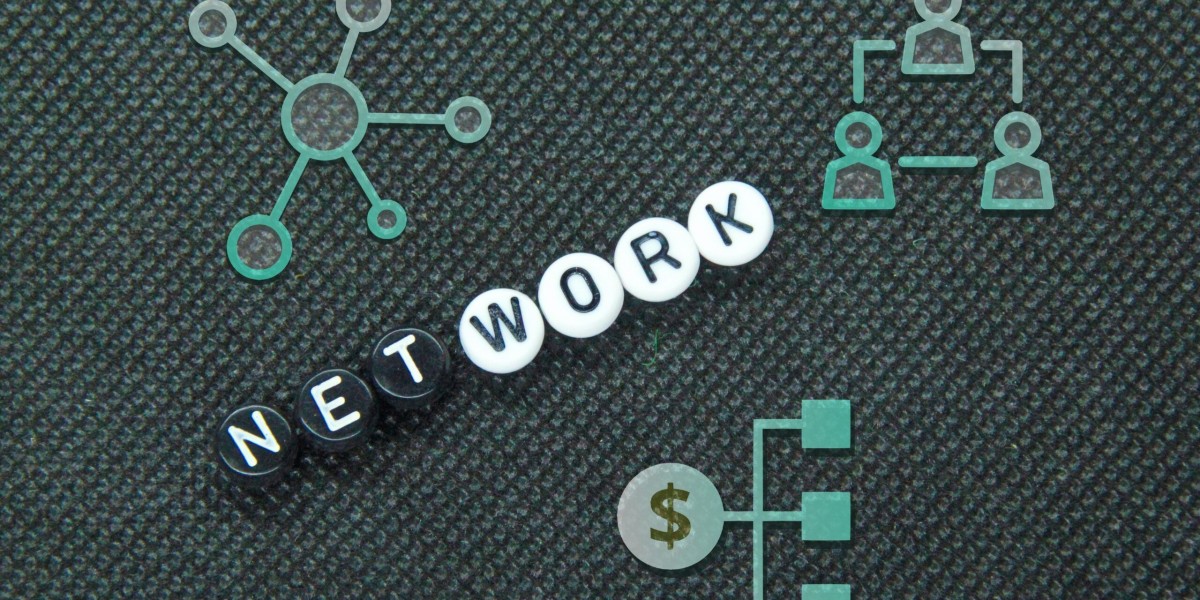We live in a world that’s changing faster than ever, and so too is the way we learn. Gone are the days when traditional classrooms, chalkboards, and textbooks were the only methods of delivering education. Today, the classroom extends far beyond school walls, reaching us in our homes, on our phones, and anywhere we choose to learn. This evolution is being powered by one of the most exciting sectors to emerge in recent years: EdTech startups.
EdTech, or educational technology, is transforming the way people access, engage with, and experience learning. With a sharp focus on innovation, these startups are taking the learning process to new heights, creating personalized, engaging, and scalable solutions for students and professionals alike.
But how are these startups doing this, and what does this mean for the future of education?
The Rise of EdTech: A Global Shift
You’ve likely heard of apps and platforms like Khan Academy, Duolingo, or even Udemy. These are just the tip of the iceberg when it comes to the global EdTech revolution. Over the past decade, we’ve seen an explosion of companies aiming to make learning more accessible, flexible, and personalized. The COVID-19 pandemic only accelerated this trend, with millions of students switching to online platforms for their education.
What makes these startups so special is their ability to break down traditional barriers. Geography, socio-economic status, and even learning disabilities no longer have to be obstacles to getting a quality education. A student in a rural village can access a course from Harvard, while a working professional can upskill through a targeted online module from a startup like Coursera or LinkedIn Learning. The goal? To make education universal, available at the click of a button.
Personalized Learning: Tailoring Education to the Individual
One of the most significant shifts in education thanks to EdTech is the ability to personalize learning. No two students are alike, yet traditional education systems often treat everyone the same. EdTech startups are leveraging artificial intelligence (AI) and machine learning to create custom learning experiences that cater to individual needs.
Take Duolingo, for example. It’s not just a language-learning app—it’s an intelligent system that adapts to your pace and style. If you struggle with a particular concept, Duolingo will offer more practice, adjusting its lessons based on your strengths and weaknesses. Similarly, platforms like Khan Academy use algorithms to recommend videos or exercises that match your learning level, making it feel less like a generic course and more like a tailored educational experience.
But what about adult learners or professionals seeking specialized knowledge? Here, EdTech startups like Coursera or edX provide access to courses from top universities and companies across the globe. Whether you’re looking to gain business management skills, dive deep into data science, or explore a new language, there’s a platform that can meet your needs.
This ability to personalize learning has been particularly valuable for students who may have felt underserved or overlooked in traditional educational settings, such as those with learning disabilities or non-traditional learners who may not fit the conventional academic mold.
Flexibility: Learning on Your Own Terms
One of the primary benefits of EdTech is flexibility. Students can now learn at their own pace, in their own time, and from anywhere in the world. For those balancing studies with work or family commitments, this flexibility is invaluable.
Take Skillshare, for instance. Whether you’re looking to learn about photography, entrepreneurship, or animation, you can access content whenever it fits your schedule. This adaptability means learning doesn’t have to be confined to 9 a.m. to 5 p.m., Monday to Friday—it’s available when and where you need it.
In addition to flexible timing, there’s also the matter of location. Traditional learning often required students to attend physical classes or relocate for education, creating both logistical and financial barriers. With EdTech, a student from a small town in India can attend a masterclass from a top professor at MIT without leaving their home. This global access is one of the most exciting aspects of the EdTech movement.
Scalability and Cost-Effectiveness
EdTech has a major advantage over traditional education systems in terms of scalability. A single course or lesson can be delivered to thousands, even millions, of students simultaneously, without the need for additional resources or infrastructure. This scalability can significantly reduce the cost of education, making learning more affordable for students around the world.
For example, an online course on Udemy can be taken by anyone, anywhere, often at a fraction of the cost of a traditional degree. Not only does this make education more affordable, but it also opens up opportunities for those who may not have the financial means to pursue a conventional college education.
But what about students who are still struggling with academic challenges and assignments? In these cases, services like online business assignment help UK offer students personalized support to help them tackle complex academic problems, providing a lifeline for those who may need a little extra assistance. These services, while relatively new, help ensure that learners don’t just complete assignments but also understand the material, making education both accessible and meaningful.
The Future of EdTech: What’s Next?
As exciting as the current landscape of EdTech is, we’re just scratching the surface. The future promises even more innovation—imagine fully immersive learning experiences using virtual or augmented reality, or even the integration of blockchain for verifying credentials and certificates. With new technologies constantly emerging, EdTech startups are poised to lead the charge in revolutionizing how we approach education globally.
Moreover, as EdTech becomes more integrated into the workplace, we’ll likely see even greater demand for continuous learning. Companies are already using platforms like LinkedIn Learning to upskill their employees, and this trend is only going to increase. The idea of a “job for life” is becoming a thing of the past, and lifelong learning will become essential to staying competitive in the workforce.
Wrapping Up
EdTech startups are changing the game in education. From making learning more personalized and flexible to breaking down barriers and creating affordable solutions, these companies are at the forefront of a revolution in global learning. Whether you’re a student looking to improve your skills, a professional seeking to level up, or someone just interested in the future of education, it’s clear that EdTech has a massive role to play in shaping how we learn and grow in the years to come.
Also Read: How London Universities Are Leading in Sustainability Education
Author Bio:
Zara is a passionate advocate for student welfare and a dedicated writer based in London. She has spent years volunteering with student organizations and is committed to helping young people thrive both academically and personally. When she’s not working on her writing or student initiatives, Zara enjoys exploring London's arts scene and finding new ways to make education more accessible for all.







